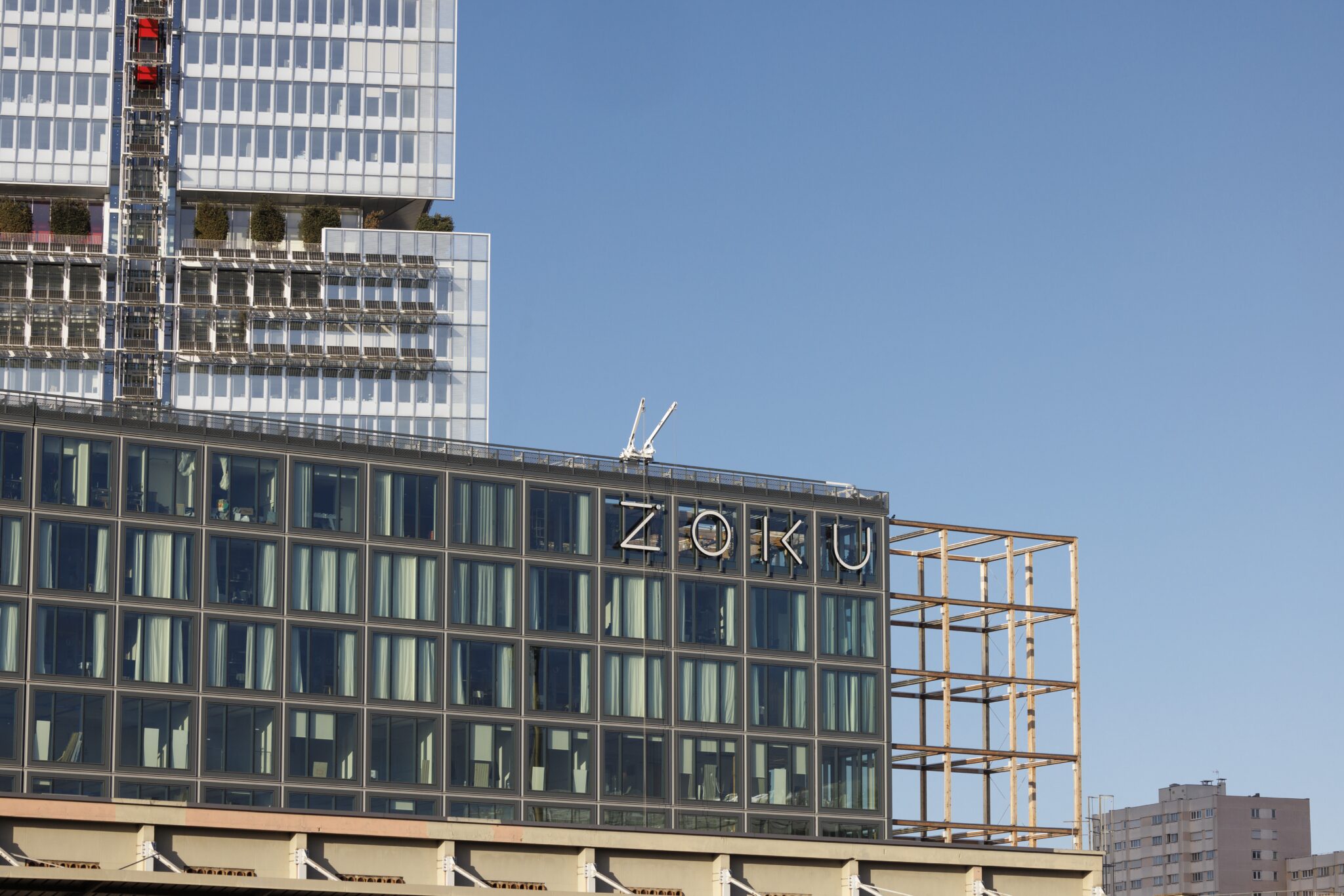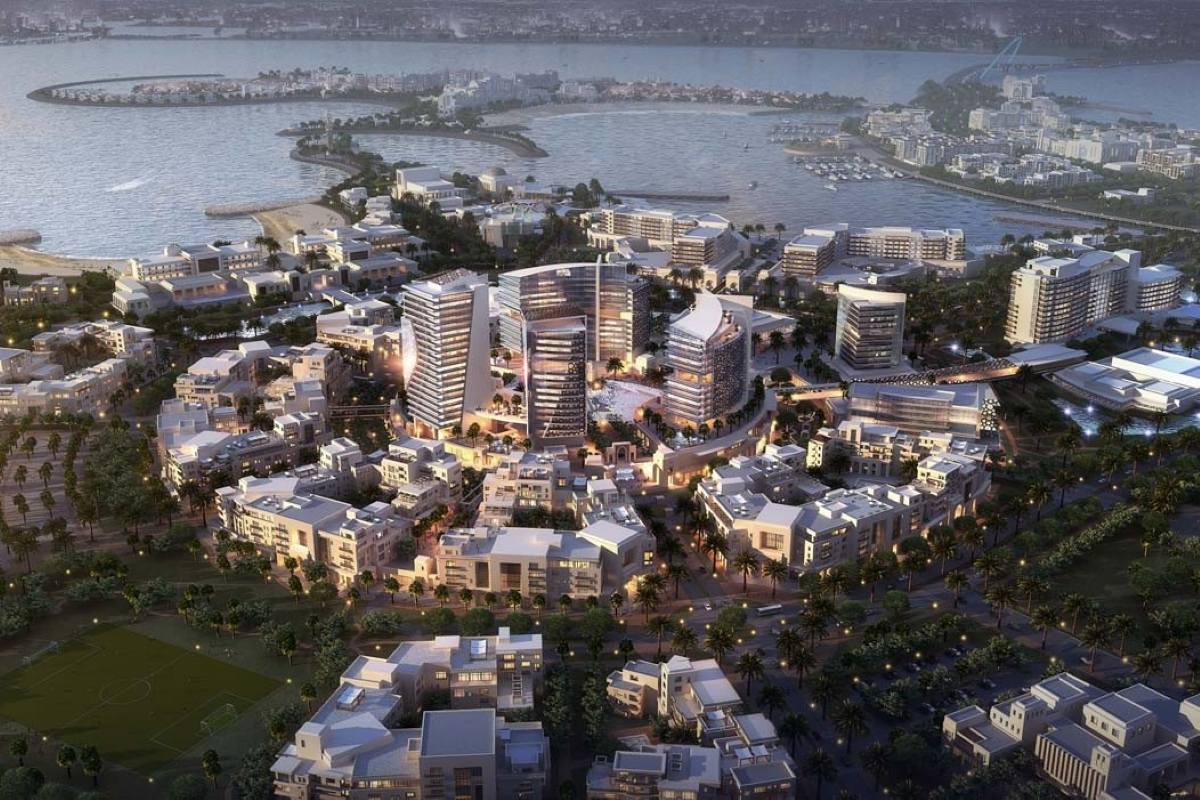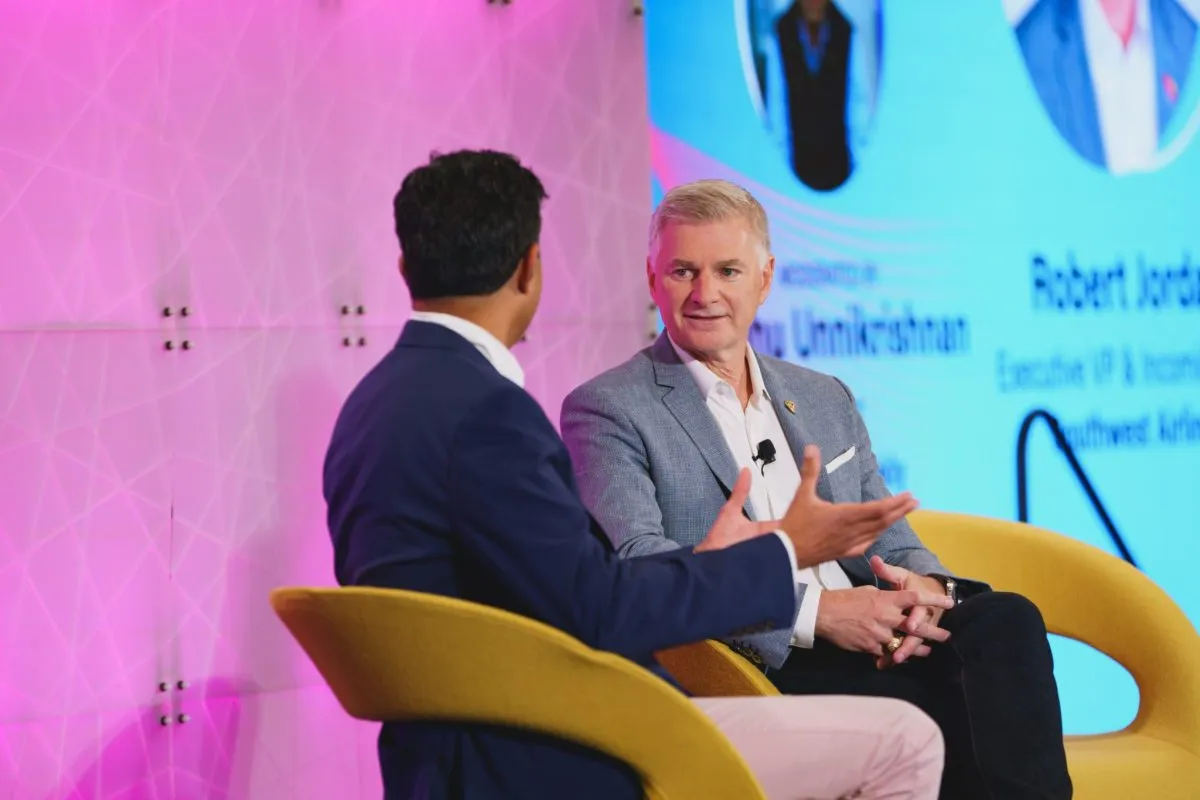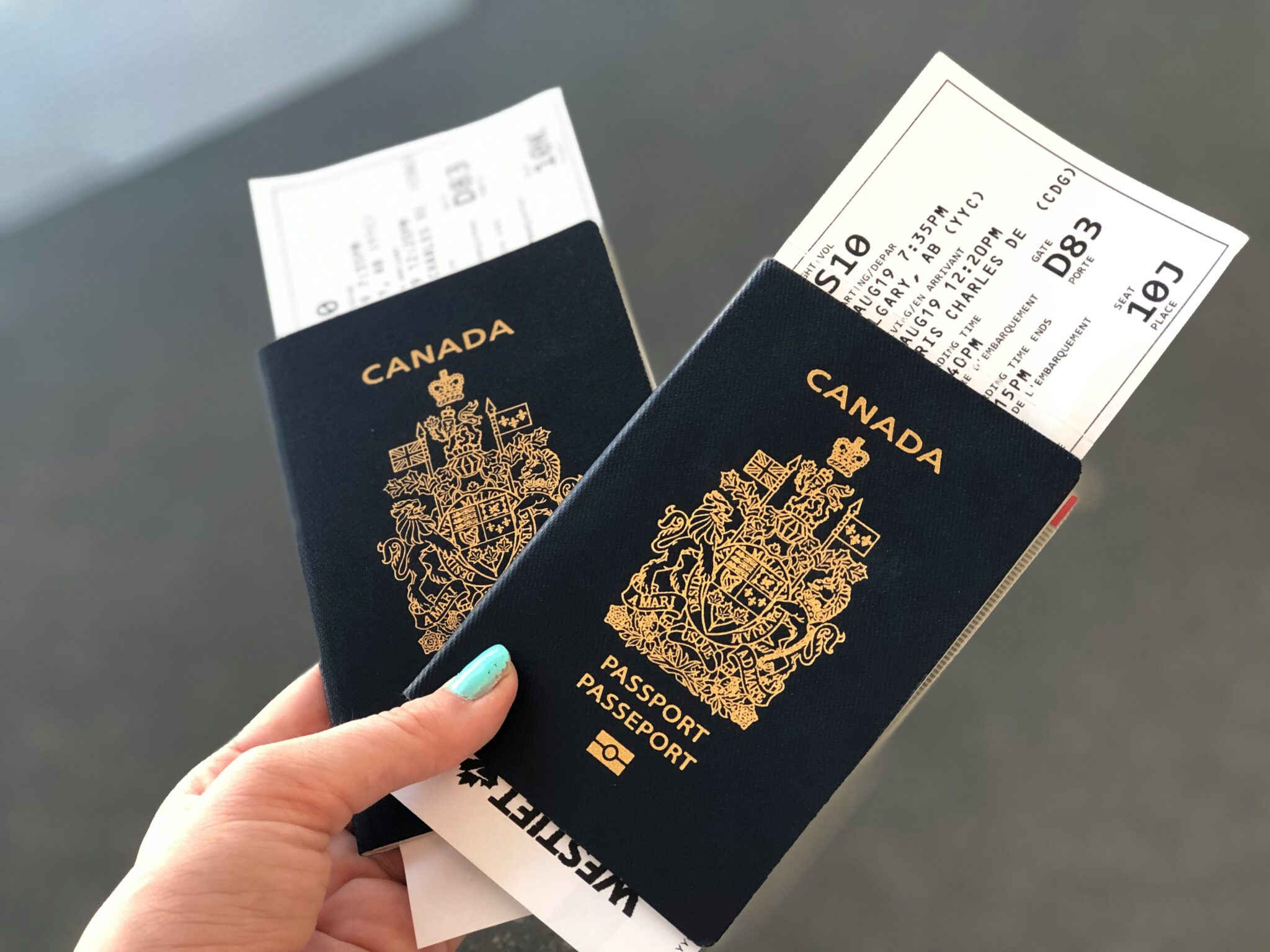Dutch Hotel Brand Zoku Fine-Tunes New Blend of Hospitality and Work in Paris

Skift Take
Hotel brand Zoku is opening its fourth property, which is located in Paris, on May 31.
The upcoming launch reflects the Dutch brand’s slow but steady progress targeting key European hubs. It already runs hotels in Amsterdam, Copenhagen and Vienna.
Paris Mayor Anne Hidalgo next month is expected to officially open the building, which faces the towering Renzo Piano-designed Tribunal de Paris in the Clichy area, and then Zoku’s future hotels may well look different.
That’s because co-founder Hans Meyer is still experimenting. The hotelier — who also co-founded the CitizenM — is on a seemingly endless quest to find out exactly what his guests want. And since the pandemic ended, the future of work is front of mind.
The Hotel Buyout
Meyer said he was recently approached by Swedish technology company Mentimeter, as it wanted to book out Zoku's entire Vienna hotel for 300 employees.
Rather than an annual retreat, Mentimeter calls it a company “relocation.”
In February, Meyer handed over the keys for a whole month.
"Average occupancy levels for hotels in Vienna during the month of February were between 50-60 percent," said Zoku Marketing Director Elise Hofman. "Zoku Vienna was able to reach almost complete occupancy (96 percent) in February from this buyout."
The takeover gave Zoku a perfect opportunity to see what kinds of things businesses want from its properties.
"For us it was an interesting learning, we gave them freedom to make the best place out of it, because we want to experiment, to learn: how would you use this entire building as a concept?" Meyer said. "They basically rebuilt the entire place."
Anxiety and Excitement
Meyer seems to enjoy this kind of fact-finding. When he was developing the concept for Zoku, he said he built six prototype rooms, compared to the industry standard of one, and evaluated 250 people as test subjects.
"For the last prototype we used mobile EEG (Electroencephalogram) scanning and cameras, so we could measure anxiety and excitement," he said. "That really helped us finalize everything. From day one we knew it was going to work."
Zoku took seven years to develop, and the first hotel opened in Amsterdam in 2016.
The key component of Zoku is the loft. This is its basic room, with a double bed tucked away on a mezzanine level, accessible by slide-out stairs.
"In 99 percent of rooms in a city, the bed is the most dominant piece of furniture," he said. "That’s why you never want to invite somebody into that space. So we’ve hidden the bed, and the kitchen table is paramount. That’s the ID of the Zoku loft, and we do it in the same space as a hotel room."
Meyer believes that many digital nomads or remote workers, who live and work internationally in a city that they don’t know, and where they don’t speak the language, feel disconnected after a few days. That's his target market.
"The only segment in hospitality that was taking care of those kind of connections was hostels," he said. "At some point you don’t want a bunk bed any more, or want to grab a shower in the corridor, so that was basically the start of Zoku."
When Covid arrived, Meyer said he realized he could use lofts not as hotel rooms or apartments, but as private workspaces and meeting rooms.
"Hospitality companies like Soho, Hoxton, Accor ... they’re playing around with the workplace, but still I call it a little 'half pregnant,'" he added.
"We’ll really go full in, and we want to create, from a white sheet of paper, a place we call the social destination for hybrid work."




